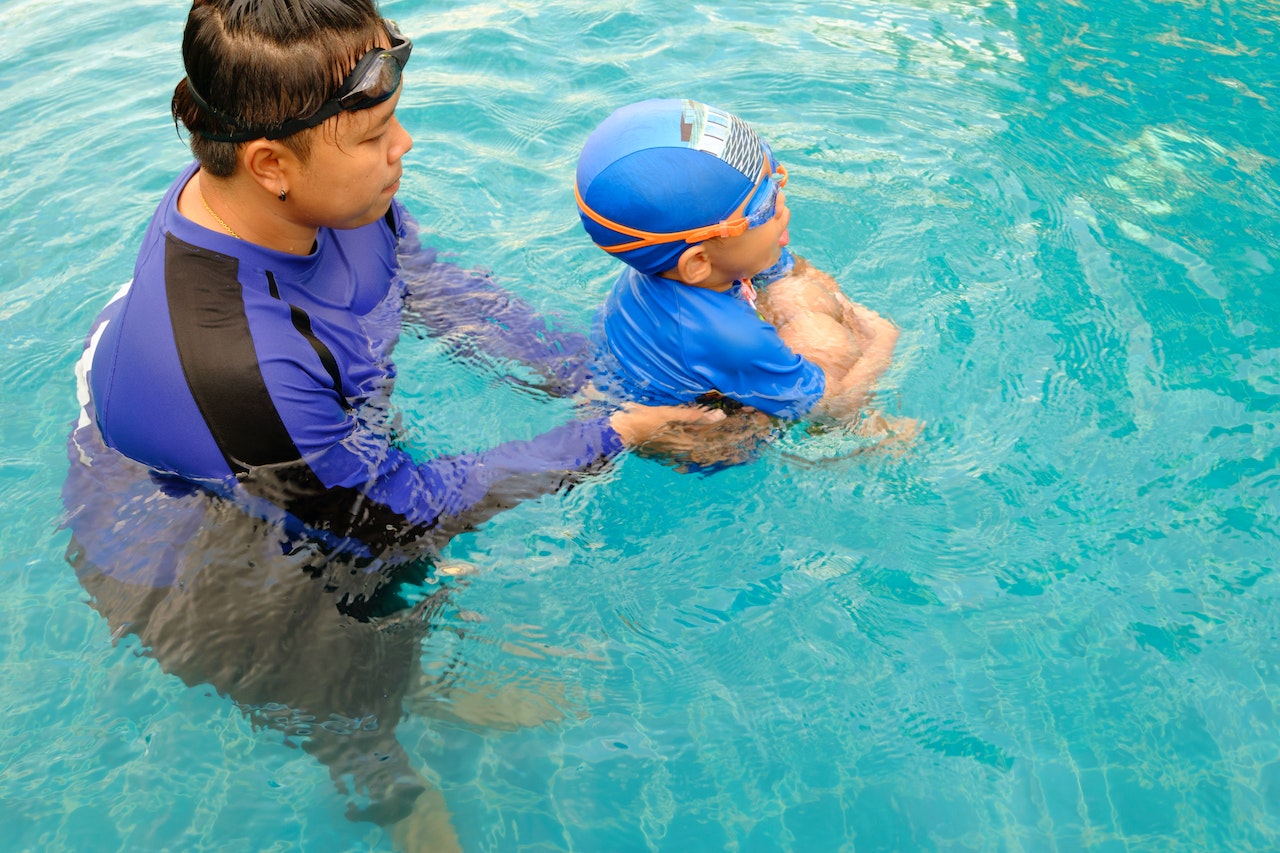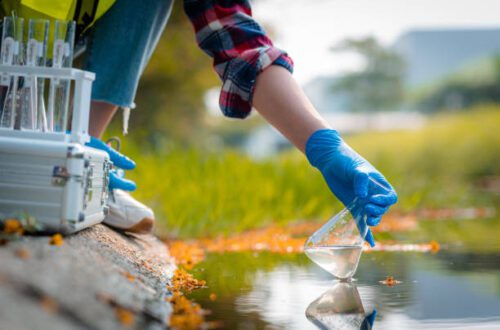For children aged one to 14, drowning is the main cause of accidental injury-related death. Knowing how to swim can help keep your children safe. It’s important to find classes that follow a nationally recognized learn-to-swim curriculum taught by instructors with the proper credentials. Here are reasons your kids should start swim lessons at a young age:
It’s Good for Their Safety
Ensuring your children are confident swimmers helps them be safe in and around water. Swimming lessons also teach your children the importance of always asking for permission and only entering a body of water with an adult present. Children who are good swimmers have better balance and coordination than non-swimmers. It makes them more safe and able to participate in physical activities like sports or dance. Enrolling your kids for a swimming lesson in San Jose at an early age will help them grow a lifelong passion for the sport. Swimming is a great exercise that strengthens the muscles of your child’s lungs, heart, and blood vessels. It can also improve their cardiovascular health, making it easier for them to get enough oxygen throughout the day. This increased blood flow enhances sleep quality and provides a natural energy boost. Plus, exercise burns calories, which can help your child maintain a healthy weight. It can help prevent obesity, which is linked to several health issues.
It’s Fun
Swimming is an enjoyable activity that has many positive effects on physical health. It’s a low-impact exercise that strengthens muscles and helps improve cardiovascular fitness. It’s also a great way to burn calories and boost energy levels. Moreover, swimming can help kids build confidence and develop social skills. It benefits kids prone to anxiety or having trouble interacting with other children. Swimming lessons can help them overcome these issues and create a positive relationship with water that can last their lives. Children who cannot swim are at serious risk of drowning, whether in pools or natural bodies of water like lakes. Formal swimming lessons can teach your kids basic water safety and self-rescue techniques. It will give them the confidence to enjoy summer activities at the Y, local pool or other aquatic venues. It could encourage them to pursue other water-based activities, such as professional swimming or kayaking. Swimming also helps young children to link physical movement with enjoyment, which can help them form lifelong healthy habits.
It’s Good for Their Health
Swimming is a low-impact exercise that strengthens children’s skeletal muscles and cardiovascular systems. Additionally, it aids in letting off extra energy, which enhances sleep and hunger.
The natural physical resistance of water builds muscle strength, as does the kicking and splashing involved in swimming. These movements also help children develop coordination and improve their balance. Swimming can even be an effective exercise for infants and toddlers, strengthening their lungs, hearts, and blood vessels. Children who swim frequently typically have better fine and gross motor abilities, which are crucial for performing activities like running and leaping, as well as using building blocks and writing implements. Studies have shown that young swimmers tend to be several months ahead of their peers in learning. Learning to swim may lead to a world of summertime fun in pools, lakes, and oceans around the nation and is crucial for safety.
It’s Good for Their Development
Unlike many other sports, swimming isn’t a competition-based activity, so children learn to set and achieve goals at their own pace. They also develop the ability to see progress and feel proud of their accomplishments without comparing themselves to others. This type of mindset can help them develop a positive attitude towards exercise and other healthy activities. Swimming allows your youngster develop better motor skills while strengthening their skeletal muscles. Kids who swim have vocabularies 11 months ahead of non-swimmers and are better at performing math and following directions — all signs of better cognitive function. Because swimming is a full-body workout, it requires a lot of energy. It means your child will likely work up a big appetite after their lesson and is more likely to eat the healthy food they need to grow. They will also learn that exercise and fun go hand-in-hand, which can help them maintain a more active lifestyle as they age. It will keep their body and mind strong and healthy, which are important for a long, happy life.
It’s Good for Their Confidence
Learning to swim young can help kids feel confident and safe around the water. It will also teach them how to stay calm if they ever end up in the water unexpectedly, which can greatly reduce their risk of drowning or other serious injury. Swimming lessons allow kids to connect socially with other students, boosting their self-assurance in their social skills. It can also be a great confidence booster in different environments, such as school and other group activities. Swimming also helps kids build motor skills and practice focusing on one thing at a time. It can be a valuable life lesson for them to carry over into other aspects of their lives, such as schoolwork or other tasks that require attention to detail. Studies have shown that kids who learn to swim early are generally better at learning. They are used to a structured and focused learning environment, which translates seamlessly into other parts of their development.






